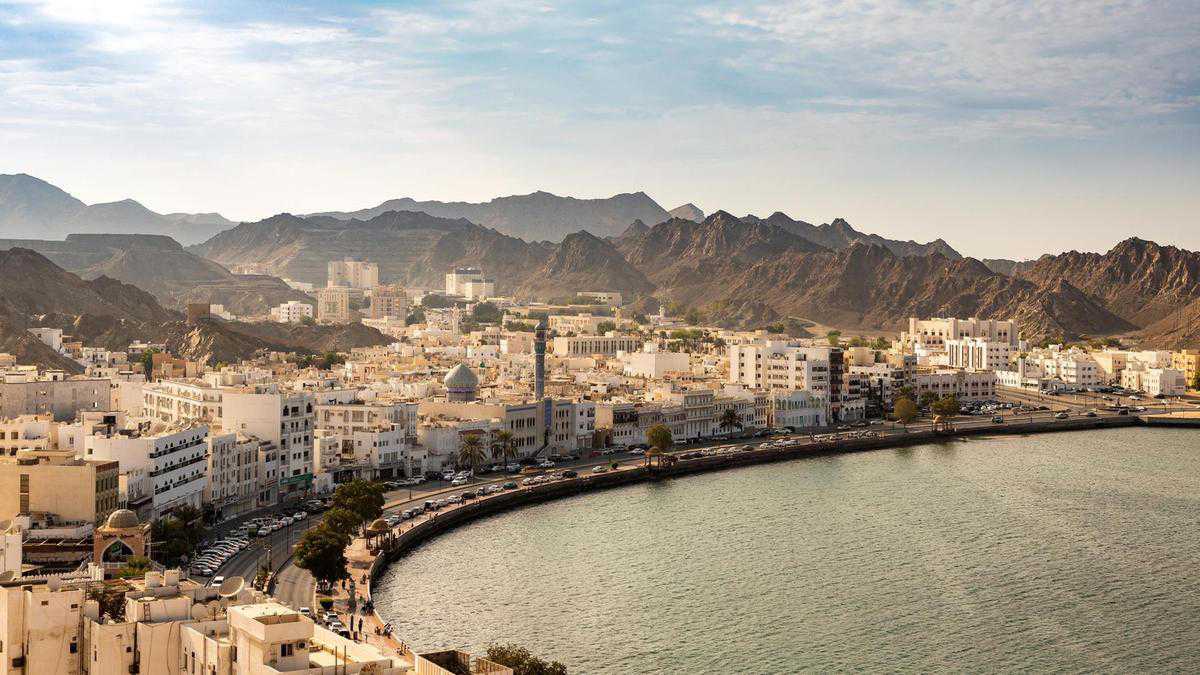Oman estimates Dh21.4bn budget deficit in 2021
02 January, 2021

Oman’s Sultan Haitham Bin Tarik issued a good royal decree on Friday, approving the state’s general budget for the financial year 2021.
The Arabian Gulf state is projecting a 2.24 billion Omani rials deficit in the fiscal year that's equivalent to 8 per cent of its gross household product, the state's Oman News Agency tweeted.
Almost 73 per cent (1.6bn rials) of the deficit will be covered through external in addition to domestic borrowing. While the remaining shortfall, approximated at 600 million rials, will be financed through withdrawal from the state’s personal reserves.
Government revenue for the year 2021 is projected to diminish by 19 % year-on-year to 8.64bn rials. The full total spending is approximated to diminish to 10.88bn rials, an gross annual drop of 14 per cent. This is predicated on an oil price projection of $45 a barrel this season.
Oman also approved the tenth five-year development method 2021-2025 on Friday.
The program seeks to stimulate the economic activity, develop the macroeconomic environment and improve the efficiency of public financial management, ONA tweeted.
It aims to accomplish a good balance between measures to regulate and rationalise public spending and adopt disciplined financial policies to achieve sustainable growth rates later on, it added.
Oman's economy is projected to shrink 0.5 % in 2021, according to the International Monetary Fund's latest forecasts.
To lessen its reliance about hydrocarbons and attract more foreign investment, Oman has taken a slew of measures during the past.
In November, it exposed its market to foreign investors even more by allowing them access to a wider selection of residential properties as part of reform measures aimed at increasing the country's fiscal position.
Oman is also proposing reforms to the labour industry to make it more flexible and the Sultanate is likely to allow visa-free entry to a lot more than 100 nationalities to improve its tourism industry.
Earlier in March, in addition, it approved a raft of measures including budget cuts of 5 % in different ministries and units in response to the coronavirus pandemic and drop found in oil prices.
The brand new five-year plan appears forward to stimulate private sector investment and targets increasing the contribution of non-oil sectors to the economy. It sets a concentrate on for an average total annual growth of around 3.2 % in the GDP of non-oil activities by concentrating on promising economic sectors, relating to ONA.
A few of these sectors include manufacturing, agriculture, fish farming, food processing, transportation, storage and logistics.
Source: www.thenationalnews.com
TAG(s):
